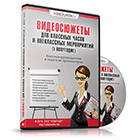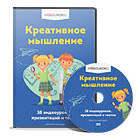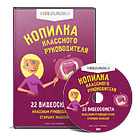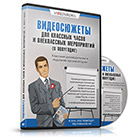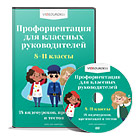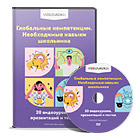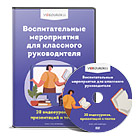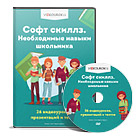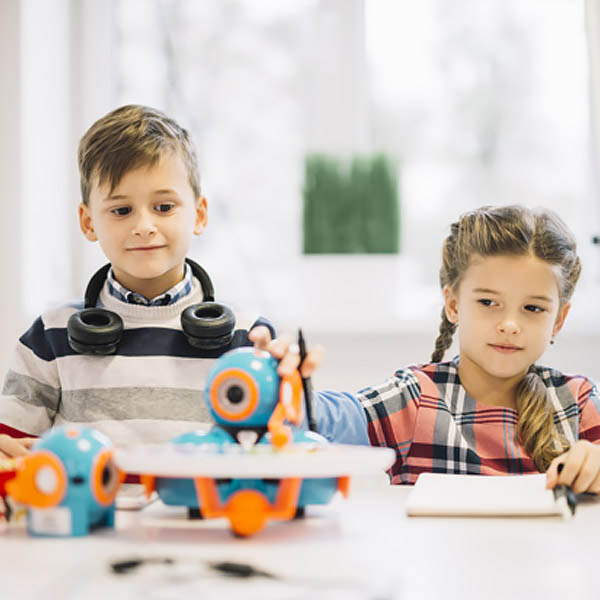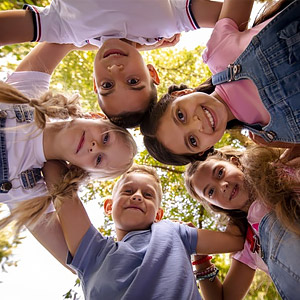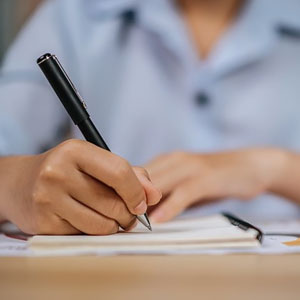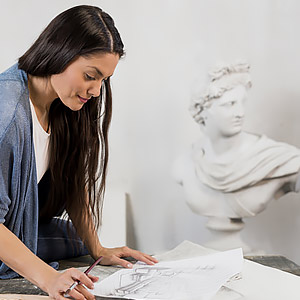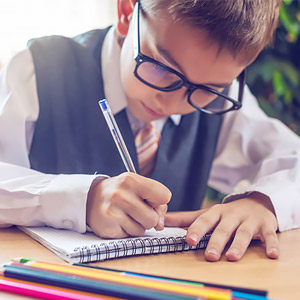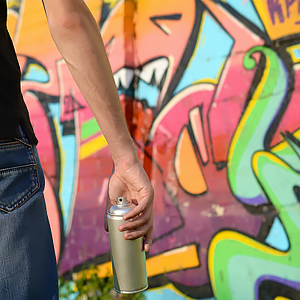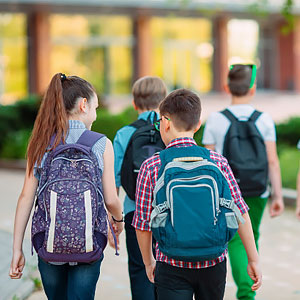Просмотр содержимого документа
«Glossary of PBL»
Glossary
Assessment - a variety of methods used to determine where students are in their learning before, during, and after instruction. All assessments, including examinations, performance tasks, and other evidence of learning must align with the standards and instruction. Assessments, not machine scored, should be scored by educators appropriately licensed and endorsed in the grade level and content area.
Authentic learning - an instructional approach that allows students to explore, discuss, and meaningfully construct concepts and relationships in contexts that involve real-world problems and projects that are relevant to the learner.
Brainstorming - a conference technique of solving specific problems, amassing information, stimulating creative thinking, developing new ideas, etc., by unrestrained and spontaneous participation in discussion.
4. Collaborative learning - a situation in which two or more people learn or attempt to learn something together.
5. Critical thinking - the intellectually disciplined process of actively and skillfully conceptualizing, applying, analyzing, synthesizing, and/or evaluating information gathered from, or generated by, observation, experience, reflection, reasoning, or communication, as a guide to belief and action.
6. Deeper Learning - a set of competencies students must possess to succeed in 21st century jobs and civic life, including: 1. Master core academic content 2. Think critically and solve complex problems 3. Work collaboratively 4. Communicate effectively 5. Learn how to learn 6. Develop academic mindsets. Deeper learning occurs when learners use a combination of these competencies to transfer learning or apply what they learn in one situation to new situations.
7. Essential Question - the core question students are answering during the project. Well-crafted essential questions are open ended and allow for a variety of answers.
8. Feedback - information a teacher or another speaker, including another learner, gives to learners on how well they are doing, either to help the learner improve specific points, or to help plan their learning. Feedback can be immediate, during an activity, or delayed, at the end of an activity or part of a learning program and can take various forms.
9. Inquiry - a seeking or request for truth, information, or knowledge.
10. Product - the results of the work of the project. Many project-based learning experiences result in a culminating product that is presented publicly for an audience that includes at least some persons not in the students’ regular learning group.
11. Project - an individual or collaborative enterprise that is carefully planned to achieve a particular aim.
12. Project-based learning - a dynamic classroom approach in which students actively explore real-world problems and challenges and acquire a deeper knowledge and understanding, typically demonstrated in the creation of a product or performance.
13. Project-based learning - is a teaching method in which students gain knowledge and skills by working for an extended period of time to investigate and respond to an authentic, engaging and complex question, problem, or challenge.
14. Real World Learning - educational and instructional techniques that connects learning in school to authentic issues, problems, and applications. It equips them with practical and useful skills, and addresses topics that are relevant and applicable to their lives outside of school.
15. Student Voice and Choice (also known as Student Agency or Student Ownership) - learners have significant and meaningful choices regarding their learning experiences and take increasing responsibility for their learning using strategies for self-regulation.
16. The 21st century skills - a set of abilities that students need to develop in order to succeed in the information age. The 21st century skills comprise skills, abilities, and learning dispositions that have been identified as being required for success in 21st century society and workplaces by educators, business leaders, academics, and governmental agencies.







